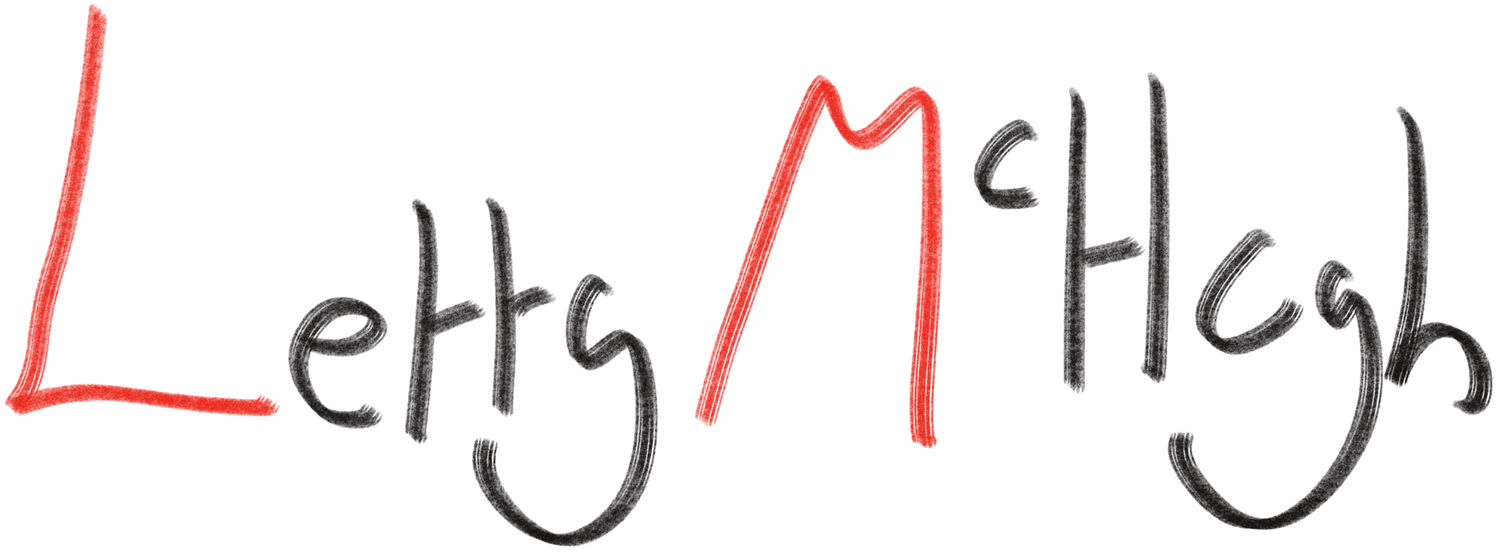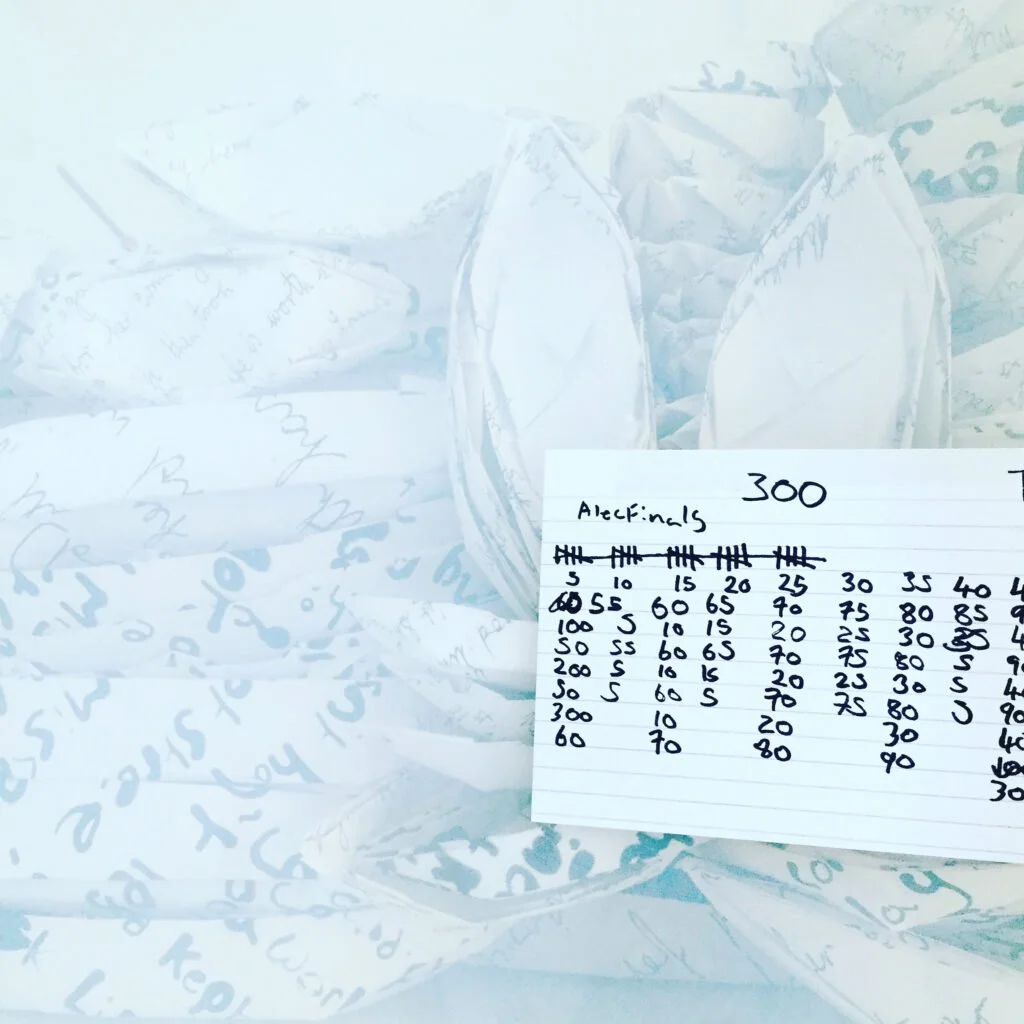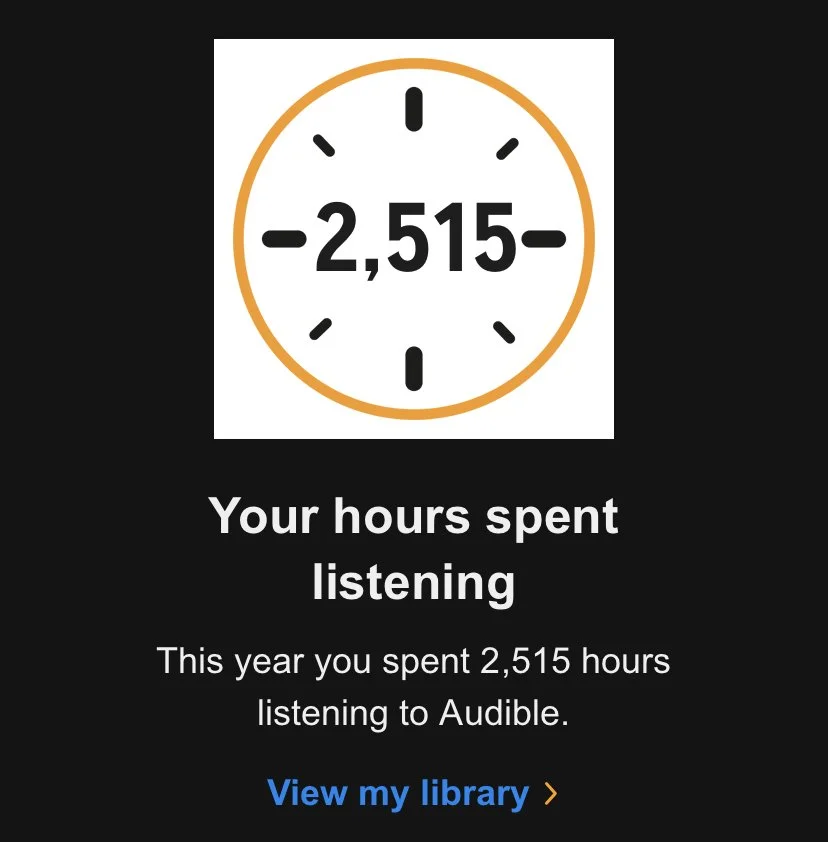Dyslexics Untie - Blog Post | March 12th, 2021
I don’t know if you ever do that thing where you convince yourself you’ve invented a brilliant piece of theory and then remember that it already exists and you’ve actually read loads of books about it? Like you’re on the bus and you think ‘You know what? The means of production should totally be in the hands of the workers,’ and you feel smug about how clever you are for about five minutes and then remember that Marxism has existed for ages.
I do this all the time. Most recently I was doing some reading of a bunch of articles with titles like ‘How to be organised as a dyslexic adult’ because I am a dyslexic adult with no idea how to be organised. All these articles talked about dyslexia like an illness or a defect, something in desperate need of correcting. I realised how much work my parents had done to protect me from the toxic attitudes around dyslexia throughout my childhood, and I was filled with righteous indignation on behalf of dyslexics the world over. Don’t these ‘educational experts’ realise that the problem is not that dyslexic brains work differently to none dyslexic brains, I fumed to myself, the problem is a society that refuses to adapt to their needs? For a good half hour, I was ready to write a manifesto and start a movement, then I got out of the shower and remembered that the social model of disability already exists.
Dyslexia isn’t really something I’ve thought about much as an adult, other than it being a total pain in the arse that I can’t do some ‘normal’ things like spell or read timetables or do maths of any kind. I’ve always just thought of it as my own problem to deal with, a joke to make to explain away embarrassing mistakes, something I’ve largely tried to hide.
My thinking started to change a bit as my involvement with the disability arts world increased. In January of last year, I attended a series of development workshops put on by DadaFest, for the first time I found myself making casual conversation with a large group of neuro-diverse people. The idea of masking came up, and I started thinking about the amount of work I do to hide the fact I’m dyslexic, without really realising I’m doing it. This blog post for example will be proofread by two people and run through Grammarly before anyone not related to me sets eyes on it.
if you notice any mistakes in this post blame my copy editor.
People often say to me ‘Letty you can barely tell you are dyslexic’ as though that’s a compliment. As though I should be relieved. Then I get into this weird thing where I feel like I need to demonstrate just how dyslexic I am for them. Wait. Watch me try and read a spreadsheet. Watch me try and count past twenty. I can spell ‘people’ wrong for you four different ways in one single sentence. I think that feeling comes from that familiar predicament where you’re floundering under the strain it takes to mask the tell-tale signs of dyslexia, knowing ‘You can barely tell you are dyslexic’ translates to, you seem to be doing fine, I don’t think you need any help.’
Remember that fun time I tried to count to 300?
Remember that fun time I tried to count to 300?
My, what a catch 22 that is. If you don’t try to mask at all you are just lazy or an idiot making excuses, you aren’t dyslexic at all, couldn’t you just try harder you aren’t entitled to this help. If you mask too well, you seem to be doing fine I’m barely seeing any mistakes you aren’t entitled to the help.
I’ve had a series of startling revelations in recent years. Here’s one, when I was tested as an 18-year-old I had a reading speed of 120 (ish) words a minute. For years I thought that was really fast, I was proud, because bloody hell, that’s a word a second. Then I found out that the average adult reads 200 – 250 words a minute, which frankly I think is preposterous.
(so when this post was proofread it was pointed out to me that 120 words a minute is in fact 2 words a second, but I left it in so we can pretend it was a deliberate funny joke)
When I got into audiobooks, I had this other revelation, there are ways of consuming novels that don’t physically hurt? I don’t know if the rest of you were already aware of this? Recently I worked on two applications that allowed answers to be submitted as audio files and let me tell you it felt like a miracle because there was no extra layer of complication for me. I could just think about what I wanted to say and then say it, I didn’t need to worry about all that extra weight I’m usually carrying, I didn’t need to worry about being let down by things completely out of my control. Working on those two applications I felt so free, I remember submitting and thinking ‘is this what it feels like to not be dyslexic?’
These experiences made me think about the whole idea of access needs, and how we go about communicating them. A few people have been encouraging me recently to develop an access rider, and whilst I totally see the benefit, I have no idea what I would ask for, I’m only just finding out what helps. I’m wondering how many people are wrestling with the exact same thing. At the moment we are reliant on individuals identifying and communicating solutions to their own problems, but how can we do that when our only experiences are of inaccessible society? How do we know what’s easier for us when we’ve only ever experienced hard?
2,515 is 3 months, obviously, I knew that without googling it, honest.



